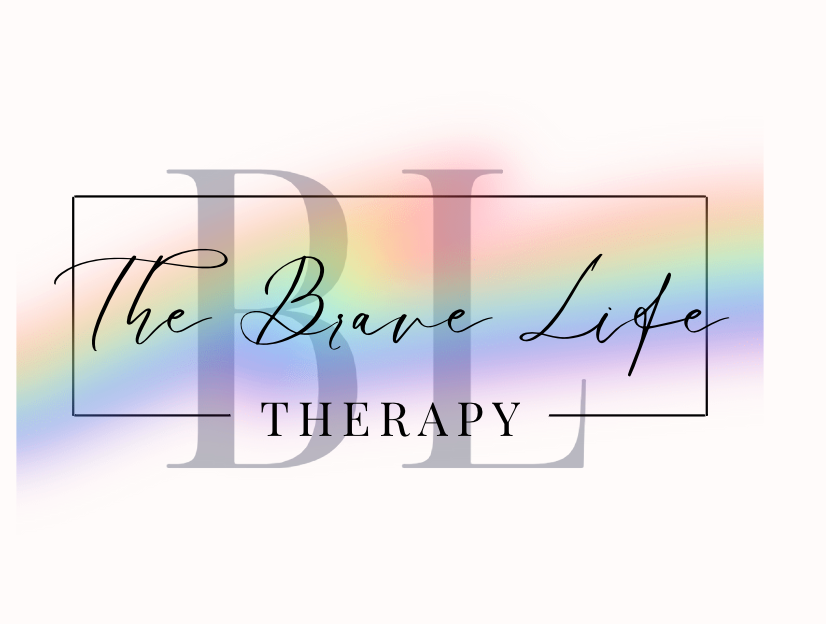Why is Mindfulness Important for Mental Health
In today's fast-paced world, finding moments of peace and tranquility can be a challenge. However, incorporating mindfulness into our lives can bring about numerous benefits for our mental, emotional, and physical well-being. Practicing mindfulness allows us to be fully present in the moment, without judgment or distraction. It helps us cultivate a sense of awareness and appreciation for the simple joys of life. By focusing on our breath, sensations in our body, or the sounds around us, we can anchor ourselves in the present moment and let go of worries about the past or future.
A quote that can be helpful to remember in these moments is “Anxiety only lives in the past or the future it does not live right now”.
The benefits of mindfulness are extensive. Research has shown that it can reduce stress levels, improve concentration and focus, enhance self-awareness and emotional intelligence, boost creativity and problem-solving abilities, strengthen relationships, and promote overall happiness and well-being. The concept of mindfulness, which involves being fully present in the moment and non-judgmentally observing one's thoughts and feelings, may seem simple in theory. However, in practice, it can be difficult to cultivate this state of mind consistently.
Why starting a mindfulness practice can be difficult
One reason why mindfulness can be hard to start is the fast-paced nature of modern life. We are constantly bombarded with distractions and stimuli that pull our attention away from the present moment. Our minds are often preoccupied with worries about the past or future, making it challenging to focus on the here and now.
Additionally, society often places emphasis on productivity and achievement, leading us to prioritize tasks and goals over taking time for self-reflection and self-care. This mindset can create a barrier to starting a mindfulness practice as we may feel guilty or selfish for dedicating time solely to our own well-being. Another factor that makes starting mindfulness difficult is our own internal resistance or skepticism. We may have preconceived notions about meditation or mindfulness that prevent us from giving it a fair chance. It can also be intimidating to sit with our thoughts and emotions without judgment, especially if we have unresolved traumas or painful experiences that we have been avoiding.
It is important to approach the process of starting mindfulness with compassion and patience towards ourselves. Recognize that it is normal to encounter difficulties along the way and that progress takes time. By starting small, setting realistic expectations, and seeking support from resources like guided meditation apps or classes, we can gradually overcome these barriers and embark on a fulfilling journey towards greater presence and well-being.
Numerous studies have shown that regular mindfulness practice can help reduce stress and anxiety levels. By creating a present-moment awareness and non-judgmental acceptance of our thoughts and emotions, individuals are better equipped to cope with the challenges of daily life. Research suggests that mindfulness can improve attention and focus. By training our minds to stay present in the moment, we become more adept at staying focused on tasks at hand and less prone to distractions. As Bryan Robinson, Ph.D states, “Scientists report that, when done correctly, practicing mindfulness slows down your heart rate and brain wave patterns and boosts your immune system and cardiac functioning.”
Furthermore, studies have indicated that mindfulness can enhance emotional regulation. It allows individuals to observe their emotions without immediately reacting to them. This increased emotional intelligence can lead to healthier relationships and improved overall emotional well-being.
Additionally, scientific evidence suggests that mindfulness may have physical health benefits as well. It has been linked to lower blood pressure levels and improved immune system functioning. It is important to note that while scientific research provides valuable insights into the benefits of mindfulness, individual experiences may vary. It is always advisable to consult with a healthcare professional or trained practitioner when incorporating mindfulness practices into one's routine.
In conclusion, science has shown promising evidence regarding the benefits of practicing mindfulness for mental health. From reducing stress and anxiety levels to improving attention and emotional regulation, incorporating mindfulness into our lives may contribute positively towards overall well-being.
Getting starting with mindfulness practice
If you're interested in starting your own mindfulness practice but don't know where to begin, here are a few simple steps you can take:
1. Set aside dedicated time: Find a quiet space where you won't be disturbed for a few minutes each day. It could be early morning before starting your day or before bedtime.
2. Start with guided meditation: There are plenty of apps or online resources that offer guided meditations for beginners. These can help you learn how to focus your attention and develop a sense of calm.
3. Focus on your breath: One of the simplest ways to practice mindfulness is by paying attention to your breath. Take slow deep breaths in through your nose and out through your mouth while observing the sensation it creates in your body.
4. Be kind to yourself: Remember that mindfulness is not about achieving perfection or clearing your mind completely. It's about acknowledging thoughts as they arise without judgment and gently redirecting your focus back to the present moment.
As you continue practicing mindfulness regularly, you may find that its benefits extend beyond those mentioned above - bringing more peace, clarity, and resilience into your life. So, take a moment for yourself today and embark on this beautiful journey of mindfulness.
~Happy mindfulness creating

